
by Jan and Kari | Feb 1, 2025 | Phonics
It’s surprisingly common to find upper elementary students who still need help with foundational spelling patterns, like short vowel sounds in closed syllable (CVC) words. But with older kids, not only is time of the essence—they need to catch up without missing out...
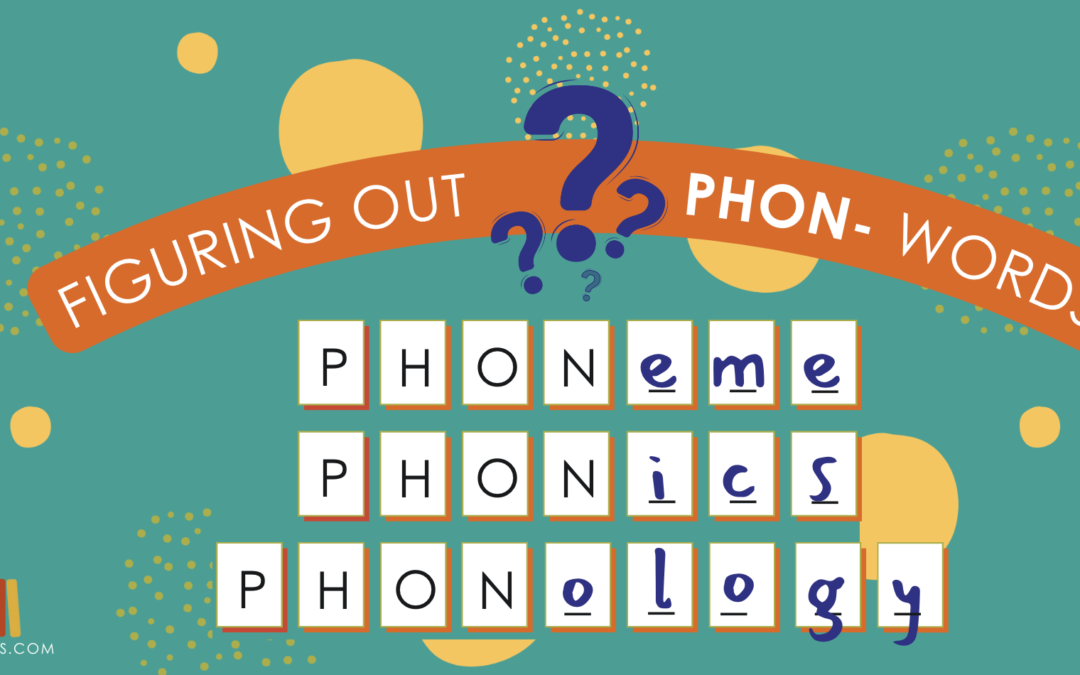
by Jan and Kari | Oct 12, 2024 | Phonics
It’s surprisingly common to find upper elementary students who still need help with foundational spelling patterns, like short vowel sounds in closed syllable (CVC) words. But with older kids, not only is time of the essence—they need to catch up without missing out...
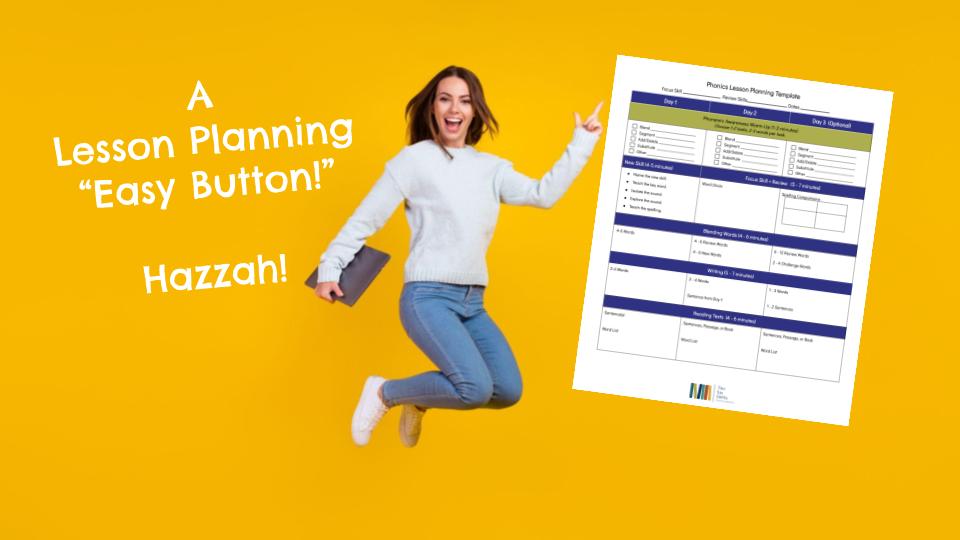
by Jan and Kari | Apr 28, 2023 | Phonics
We love it when educators ask for something to simplify their busy lives, and we can find a way to make it happen! Since our Fall 2022 blog series highlighting our structured (but flexible) Phonics Lesson Template, we’ve had a number of people ask if we could offer an...
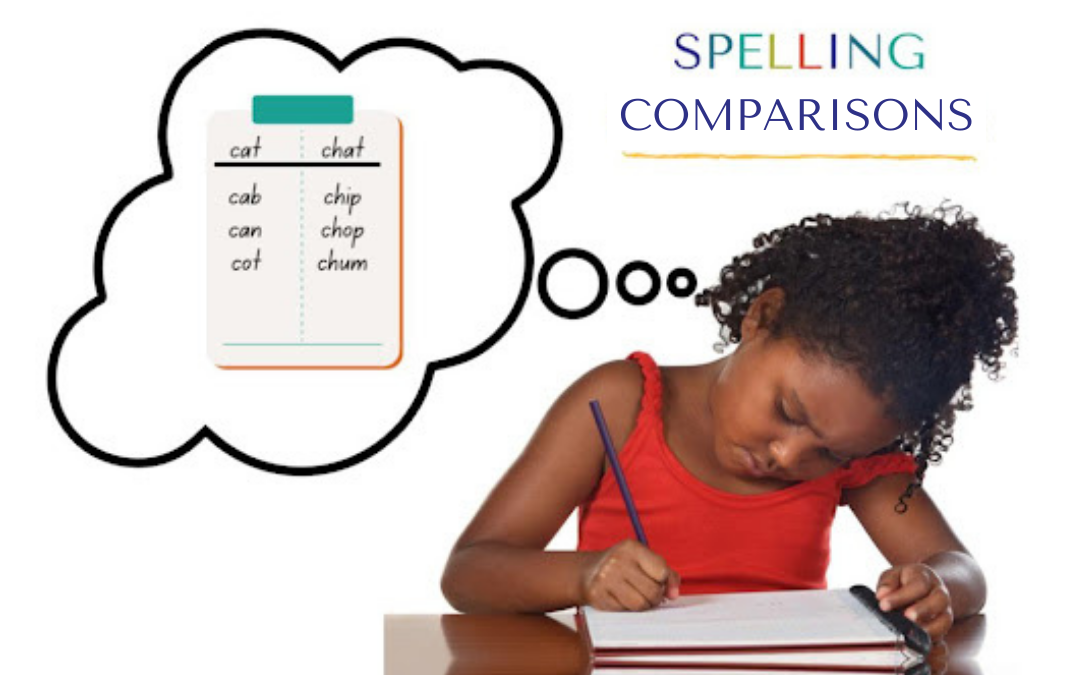
by Jan and Kari | Nov 15, 2022 | Phonics
Have you ever set out to make a big purchase like a washing machine (TV, car, computer), only to discover that you don’t know enough about the two options to make an informed decision? Chances are you’ve been there. You’ve been standing on the sales floor of...
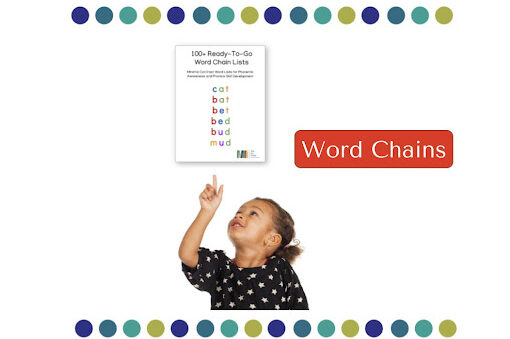
by Jan and Kari | Nov 11, 2022 | Phonics
After our last blog series exploring each component of our Explicit Phonics Lesson Template, we knew we had to revisit one component in particular: Explicit Skill Practice. In our initial post about this lesson component, we looked at the focused skill practice from...

by Jan and Kari | Oct 18, 2022 | Phonics
Today’s post introduces the final component of our Explicit Phonics Lesson Template. Your readers have made it to the finish line. They’re ready to read connected text! Having navigated the previous components of the template, you’ve provided a supportive base for...

by Jan and Kari | Oct 7, 2022 | Phonics
We’ve all had them! The kind of days when you just need to call a teacher friend on the way home from school to talk to someone who just “gets it.”This is your person! The one who offers a listening ear, offering empathy, and encouragement. And the great thing about a...

by Jan and Kari | Sep 29, 2022 | Phonics
This week, we help students develop trust. Trust?! YES, trust! Students will take the skills they’ve learned in the first two components of our Explicit Phonics Lesson Template and put them together in one orchestrated action. The Blending section of The Template...
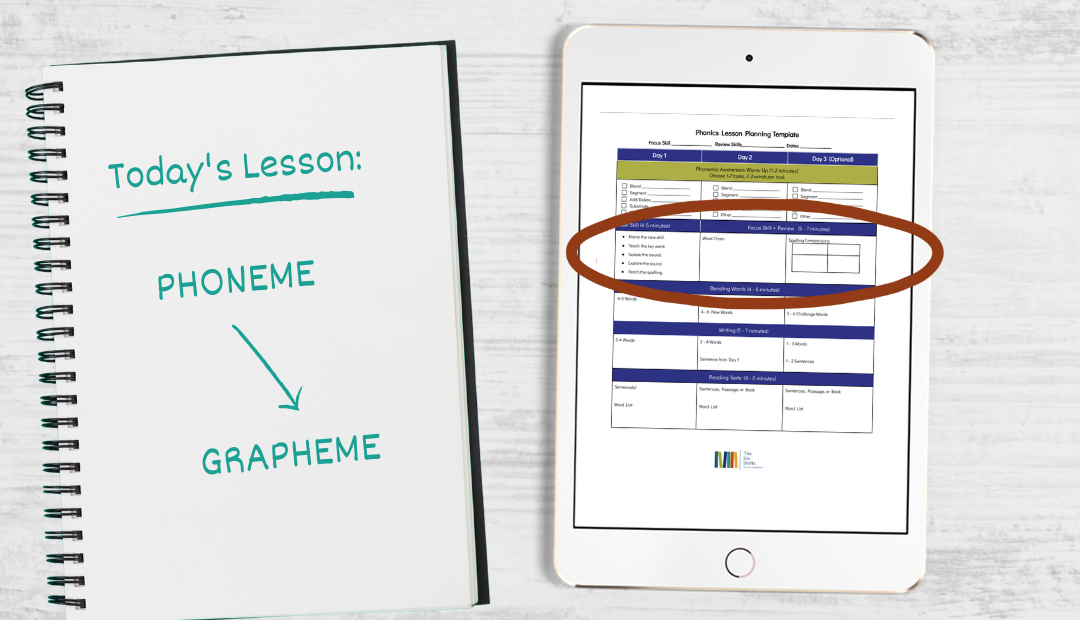
by Jan and Kari | Sep 23, 2022 | Phonics
Last week we warmed up our phonological processors during the Phonemic Awareness Warm-up component of the Explicit Phonics Lesson Template, (If you missed that post you can find it here.)Now that your students are all warmed up, you are ready to roll up your sleeves...

by Jan and Kari | Sep 15, 2022 | Phonics
Let’s get reeeeaaadyy for a warm-up! No, not that kind of warm-up! The phonemic awareness warm-up portion of the Explicit Phonics Lesson Template won’t have you breaking a sweat, but it WILL support your students while they exercise their phonological processors! Last...











